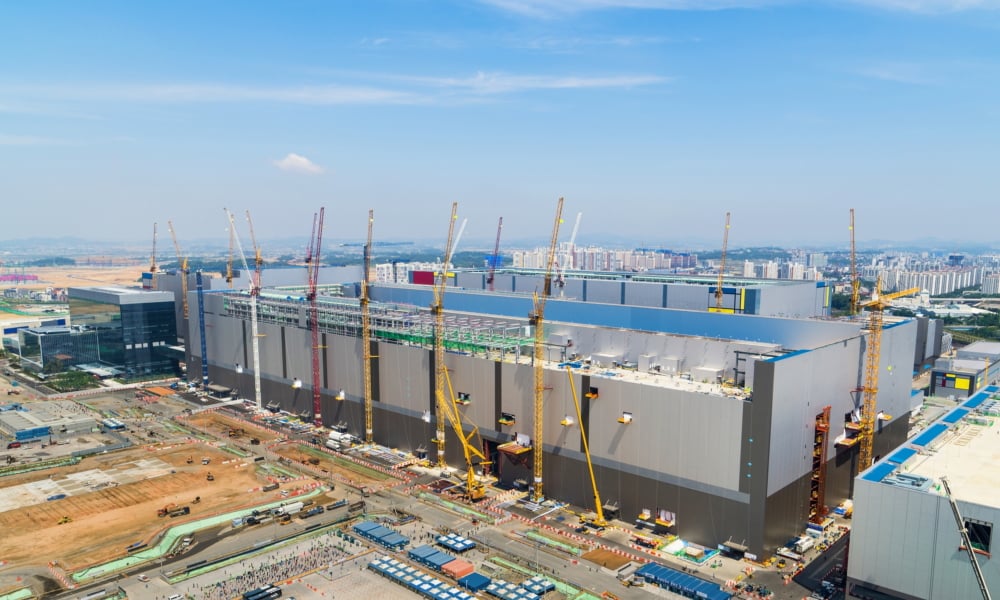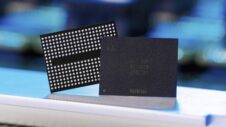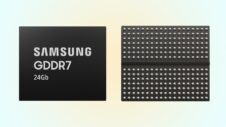Samsung is the world's largest manufacturer of memory and storage chips, and the company is trying to further boost its production capacity by making a large-scale investment. According to reports from South Korea, the company is looking to increase its monthly production capacity by an additional 100,000 wafers (12-inch) in the first half of 2021.
During the COVID-19 pandemic, the demand for memory and storage chips increased as most people relied on remote learning and work-from-home. However, memory prices fell as data center companies like Amazon and Google started to manage their inventories in the second half of 2020. Samsung had revealed that DRAM and NAND flash chips' average selling prices fell by 10% in Q2. It is now being reported that the companies have started using up their inventories and making investments, leading Samsung to believe that demand and pricing will rise next year.
The South Korean tech giant is said to have recently shared its investment plans with semiconductor equipment makers. Samsung plans to evenly split its next major investment into DRAM and NAND flash chip production. Half of the investment will be used in expanding its DRAM production at the Pyeongtaek Line 2 (P2) plant. The remaining capital will be used for NAND flash production expansion in Xi’an and P2 plants.
Samsung Semiconductor's first plant in Xi’an, which produced 100,000 wafers per month, was built with an investment of $10.8 billion. The P2 plant makes 200,000 12-inch wafers per month, so the investment required by Samsung to increase the production of memory and storage chips by an additional 100,000 wafers will be huge. The company hasn't yet revealed the exact amount that it is planning to invest, but the picture would get clearer over the next few months.
The South Korean tech giant is also ramping up investment in its foundry business. The company is planning to counter TSMC by accelerating the development of its 3nm process, which uses the Gate All Around technology. According to a recent report, Samsung is planning to invest around $116 billion and start the mass production of 3nm chips in 2022.







